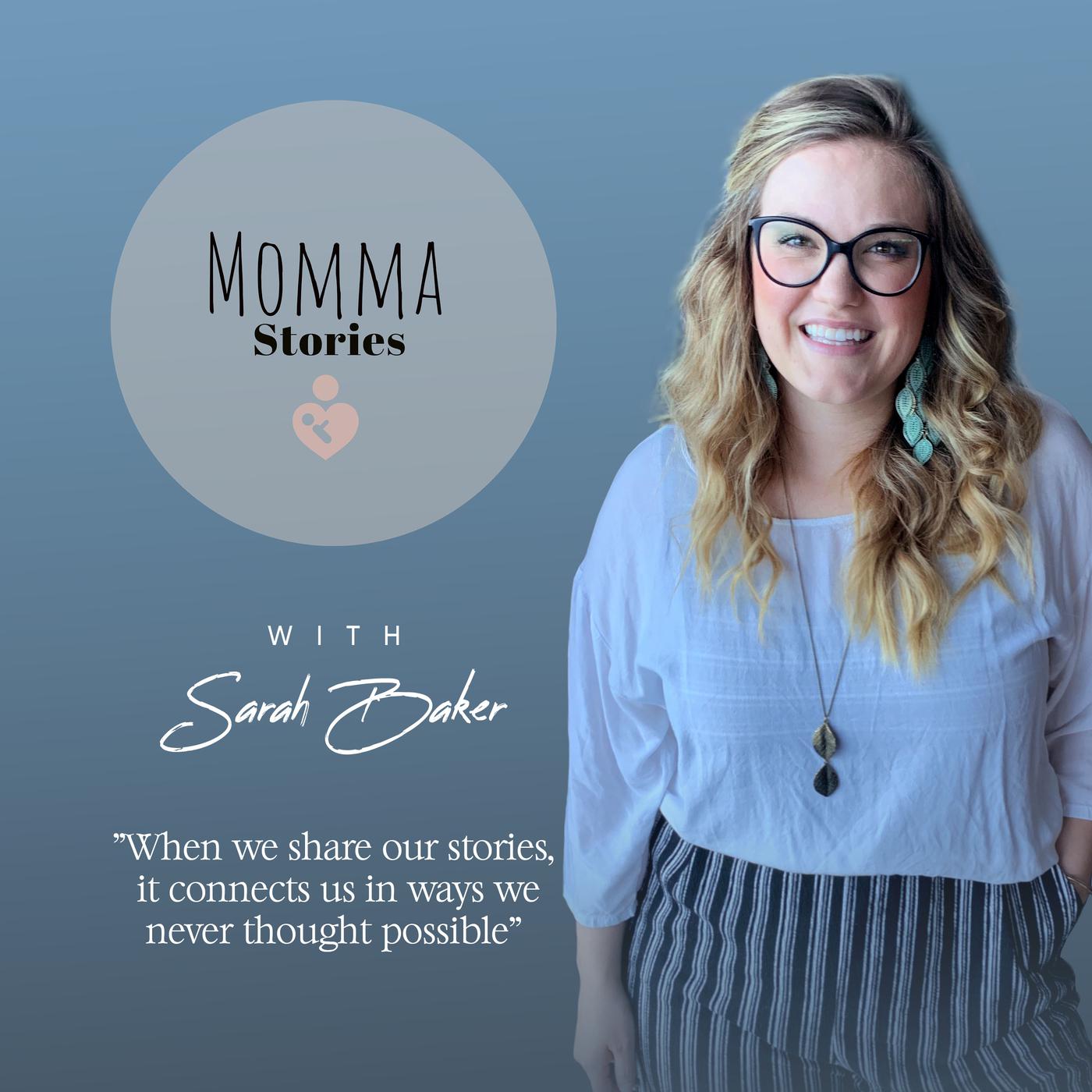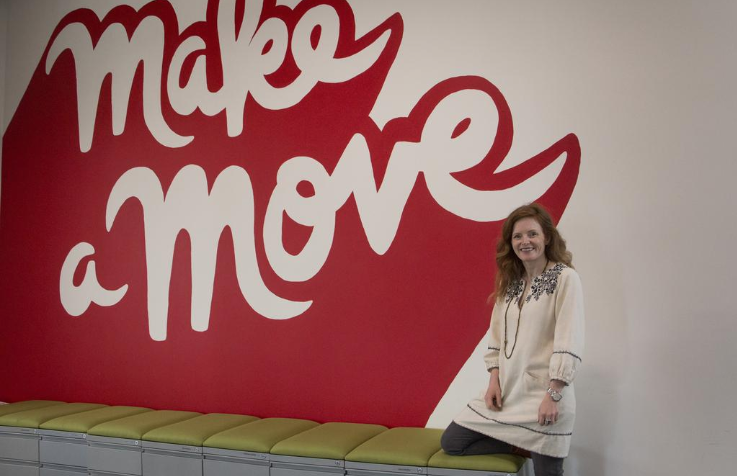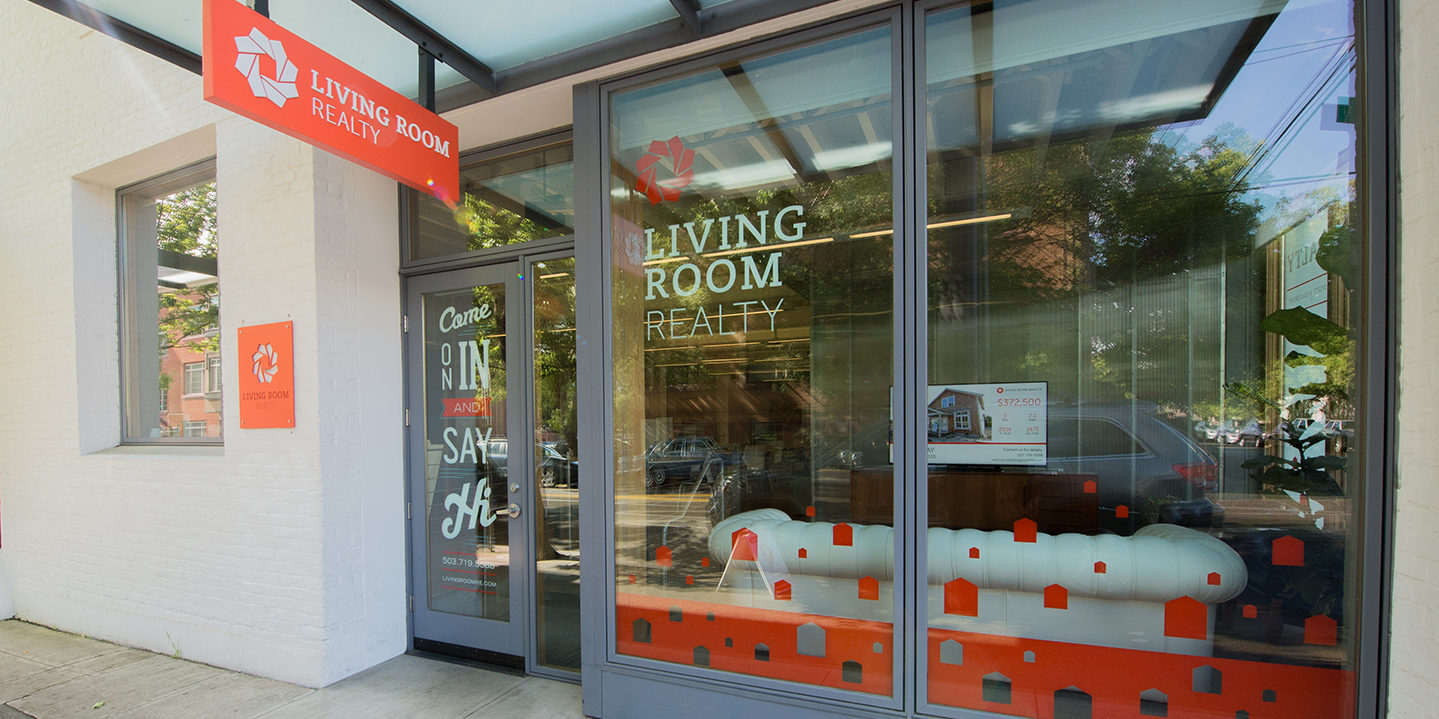A decade ago, Jenelle Isaacson was selling real estate in Portland for the Hasson Co.
A Portland native who’d once been in a punk band called Spread Eagle, Isaacson had many clients who were connected to both the Portland music scene and several cooler local companies carving out their niches at the time, including Stumptown Coffee.
She liked how Stumptown created a whole culture around coffee while also treating its employees differently. “Here was an employer who took care of their employees, honoring their creative life and letting them pursue that,” Isaacson said, “and then also offering them wages and benefits so that they were actually able to buy homes and change their whole financial futures. I was really inspired by taht and some other businesses at the time.”
No one, however, was doing that in real estate.
“There wasn’t a Portland brand that reflected the community of Portland that I was living in and working with,” Isaacson said. “I was like, ‘Wait a minute. How come we’re not showing same-sex couples on our website? Why aren’t we showing single women and showing all the funky ways that people are living here?’ I mean, these were the people who were buying homes here…but the real estate kept showing the same white picket fence kind of fantasy and I’m like, ‘Who the hell are those people?”
So, in the fall of 2008, just as the market had collapsed into the Great Recession, Isaacson set out on her own, founding Living Room Realty. A decade later, Living Room has become one of the metro region’s 10 largest firms, based on sold-dollar volume. It hosts six offices with 130-plus agents, and it’s expanded its offerings to include buying, selling, property management, commercial real estate, tenant placement, and city tours.
Through it all, Living Room has kept its unique approach. “I mean, that’s our work,” Isaacson said. “Maintaining that and staying true to who we are.”
Good in the ‘Hood
Despite the rough market in which Living Room started, the company grew almost from the get-go. Isaacson said foot traffic around her Northeast Alberta Street office, next to the popular brunch spot Tin Shed, kept things humming.
“People were just streaming in all the time and it helped us have business when there was no business,” she said.
Whereas some real estate agencies would cherry-pick clients to showcase on their websites, Isaacson featured all of her clients, rough edges, idiosyncrasies and all, to better reflect the larger Portland community. She also played up Living Room’s commitment to Portland’s distinct neighborhoods, all of which began to appeal to both more clients and more REALTORS® looking to join a different kind of firm.
By 2015, Living Room employed more than 60 agents in three offices. By then, Isaacson had also figured out a key to Living Room’s continued success, supporting brokers with all the services they need, including marketing, transaction coordination, and other administrative support.
“Agents are really great at selling real estate, as they should be,” she said. “At other real estate companies, you have to wear, like, 15 hats. That doesn’t even make sense.”
“The depth of the support here for agents is pretty incredible,” said Cristen Lincoln, a veteran broker who joined Living Room five years ago.
Both she and Isaacson said Living Room also focuses less on the numbers than other firms. Sales are important, but they’re not everything.
“Here, everybody’s individual success and goals are celebrated,” Lincoln said. “When I came here, I felt like the person I am and the contributor I am to this community is what’s going to be celebrated more than how many sales I have on the board. Interestingly, being in that kind of environment, my sales have gone up.”
Keeping It Personal
With 10 years behind it, Living Room heads into its second decade poised for more growth. Isaacson said Vancouver will be a big focus for Living Room in the near term as it continues to offer a popular and more affordable option than Portland. She also said there’s lots of room for growth in Living Room’s property management division and its tenant placement services.
The company will continue trying to make Portland more equitable, in part by seeking more diverse agents for its ranks. Thanks to its extensive documentation of its processes, the Living Room model could work in other cities nationally, but that’s not yet happened.
One thing Isaacson said Living Room will always do, however, is continue sharing the stories of the communities it serves.
“You can go back on our website and see every story, all these thousands of people who have moved here,” she said. “Why did they move here? What were they looking for? What their story is. That’s really fun to me. It’s really delightful for me to think about what the next 10 years of stories are going to look like.”
Article by Jon Bell, originally published in the Biz Journal. Read the full article HERE.



